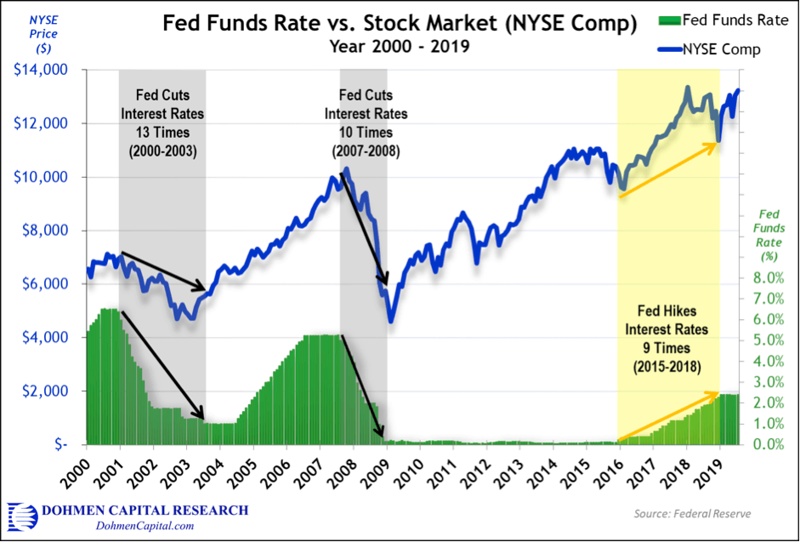i still have bonds
FAGIX - 251K / FTBFX - 135K
since Jan this has been my reinvested dividends...
1015/912/1061/1045/1136
Actually have thought about withdrawing them, but I don't need $$$ so this let's me buy cheap for when I need to RMD them in 10 years....
FAGIX - 251K / FTBFX - 135K
since Jan this has been my reinvested dividends...
1015/912/1061/1045/1136
Actually have thought about withdrawing them, but I don't need $$$ so this let's me buy cheap for when I need to RMD them in 10 years....


